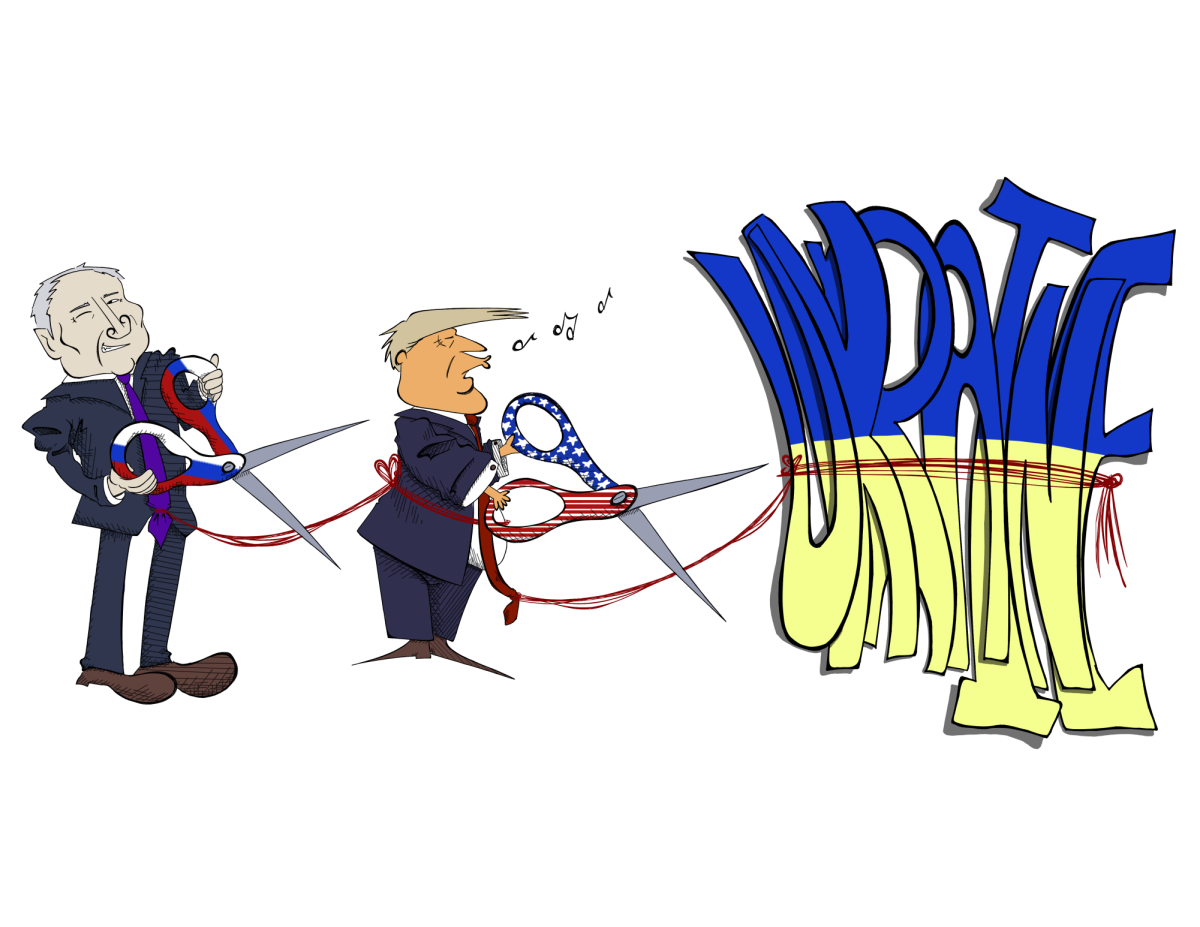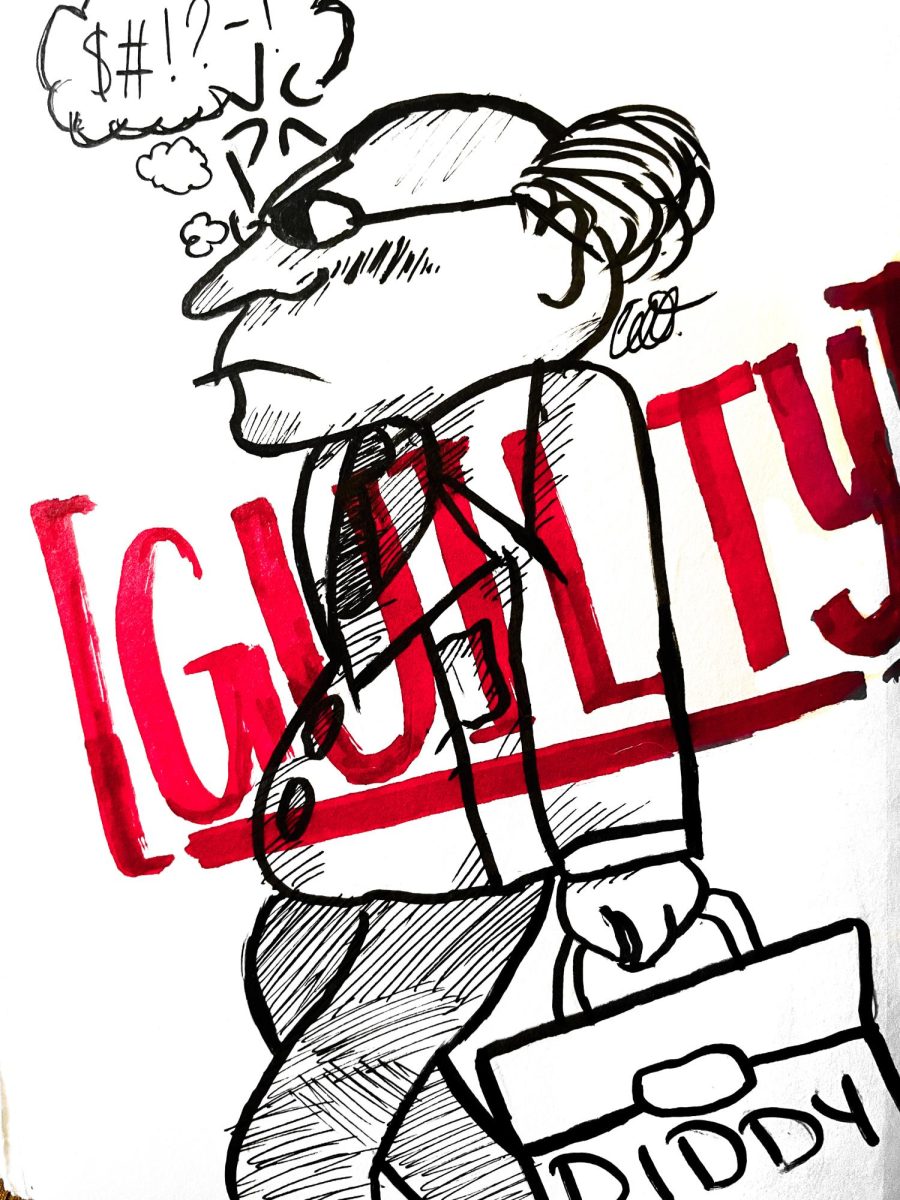With “Batman vs. Superman” DC Comics has issued its response to Marvel’s apparent superhero movie monopoly, promising its own barrage of as many movies as it can manage to put out. And why? Because it is profitable and there’s a demand for it.
This demand is nothing new. It is a new version of an old institution: the myth, and like old myths, these movies reflect and reinforce the value system of the society that produces them.
Take Superman, for example; the paragon of power. The myth of Superman is an examination of the ethics of power, in magnitude and in responsibility. The story asks, among other things, whether or not an individual, even such an individual as Superman, can be trusted with absolute power.
The superhero myth claims “yes,” to broad public support, and with ever stronger enemies to fight. Why not? Perhaps because it’s a myth, and therefore not real, but only a means of interpreting reality. There are no Supermen in real life and no Doomsdays, but because we make them for ourselves we can act as though there are.
It is easy to look back and say ‘Zeus, crazy. How could anyone have believed that stuff?’ But one does not have to believe there is a Zeus to accept the morals of stories about him, and, similarly, one needn’t believe that superheroes exist to accept the moral of the superhero’s quest: that good and evil exist as absolute categories, rather than social constructs, and that they are as innate to the universe as is gravity.
Inextricably tied to the mythology of the hero is the mythology of the villain; the notion that where there is good there must also be evil. This is not true. Superheroes do not fight crime; they fight criminals.
Whereas crime is the product of social organization, these myths make it out to be the product of an innate human evil that does not exist, and by pretending that it does we demonize the most needful members of our society and perpetuate the conditions that produce criminal behavior.
The point here is not that we should stop watching superhero movies, but that we should do so more carefully. Mythology is a ubiquitous component of culture and a valuable one, which is why just as important as good and evil are is whether we are active or passive in creating the narratives by which those terms are defined.









